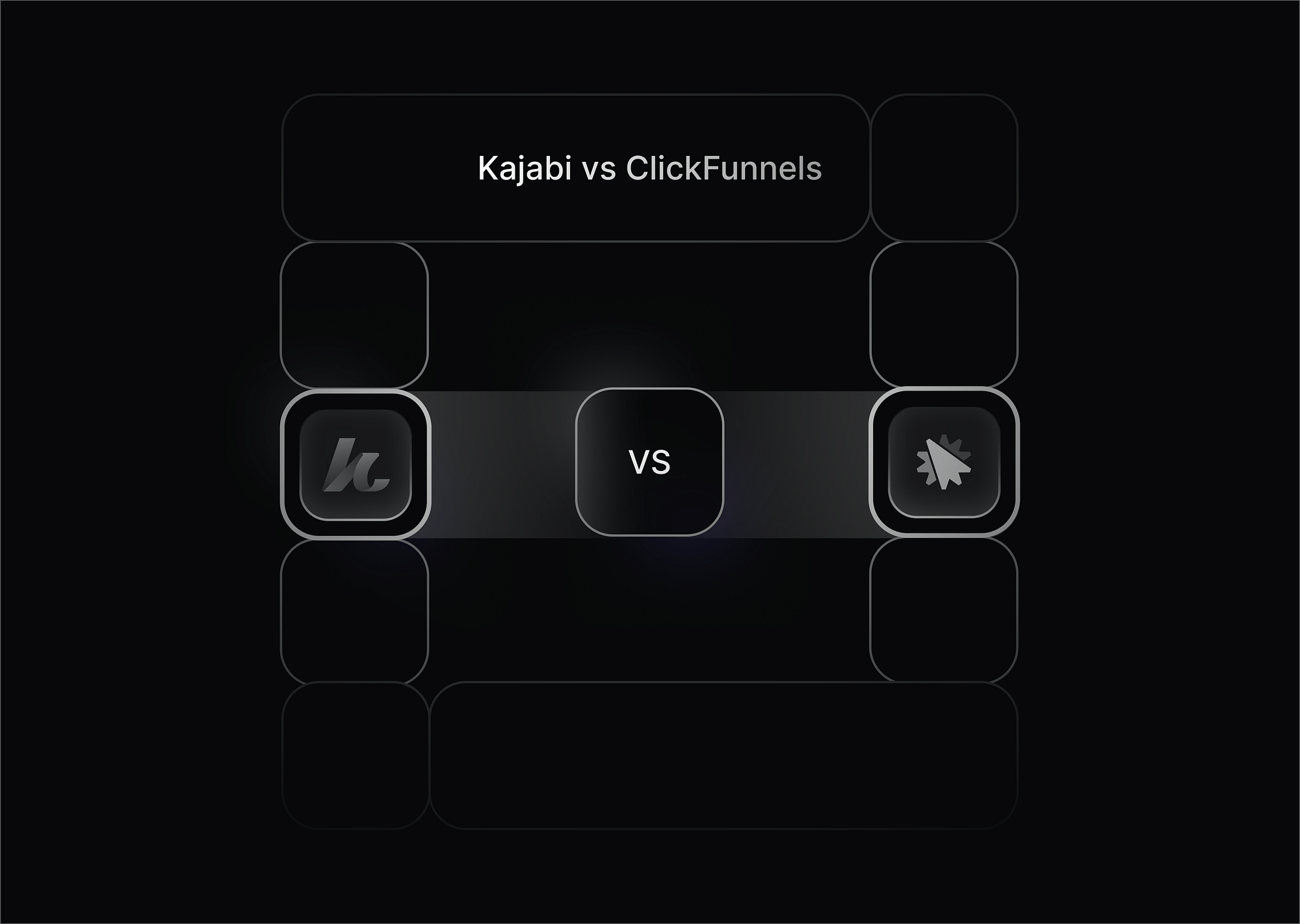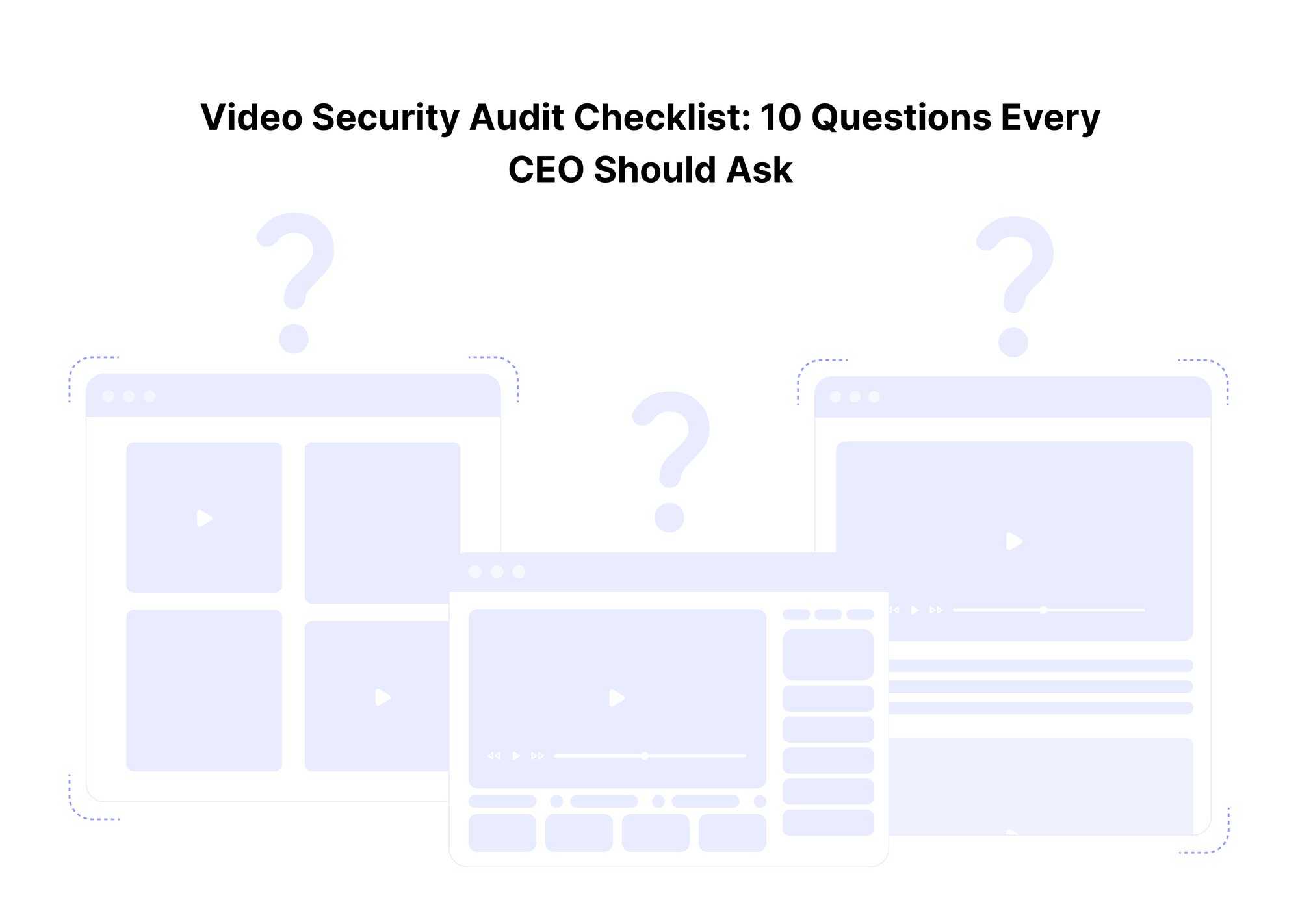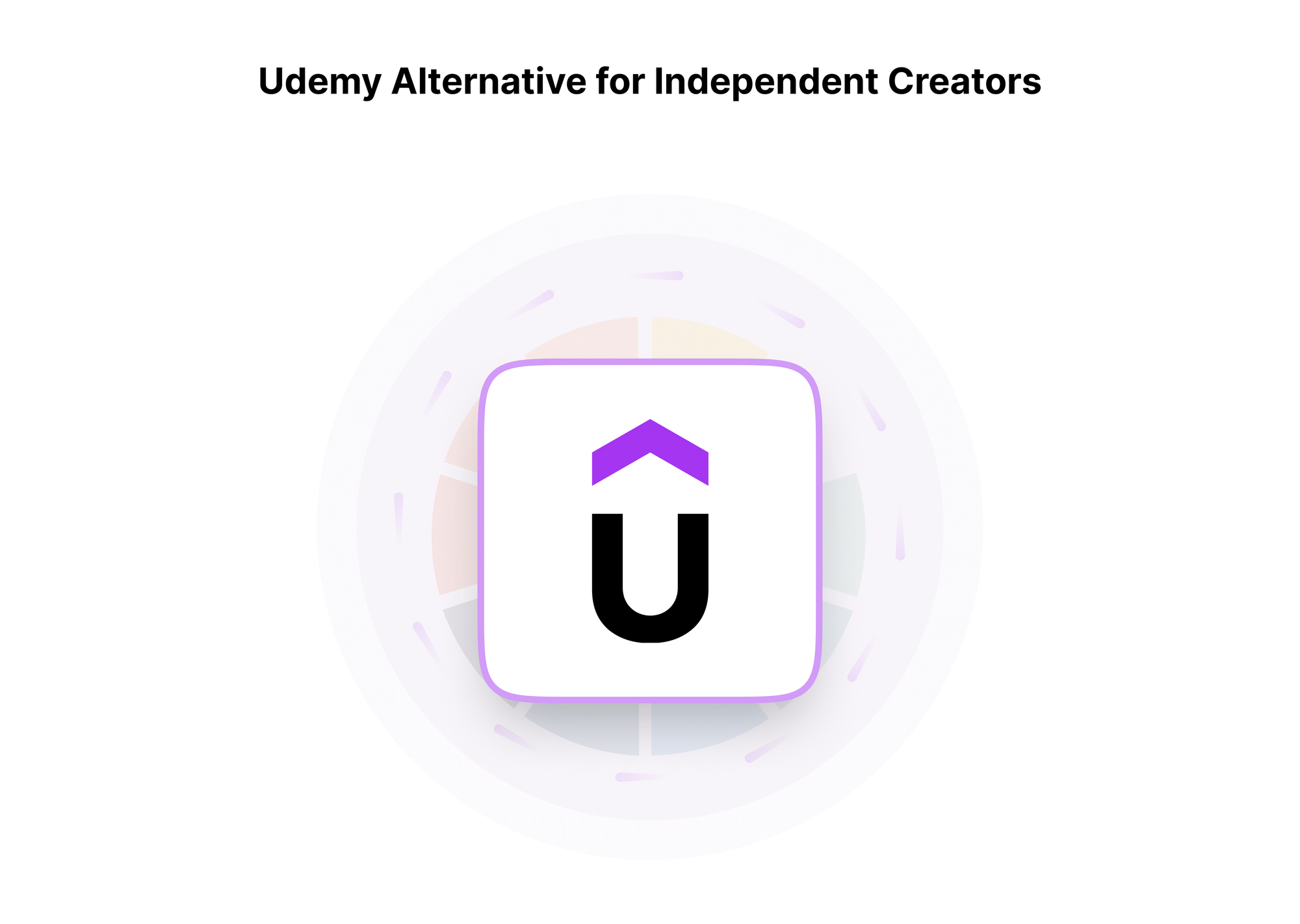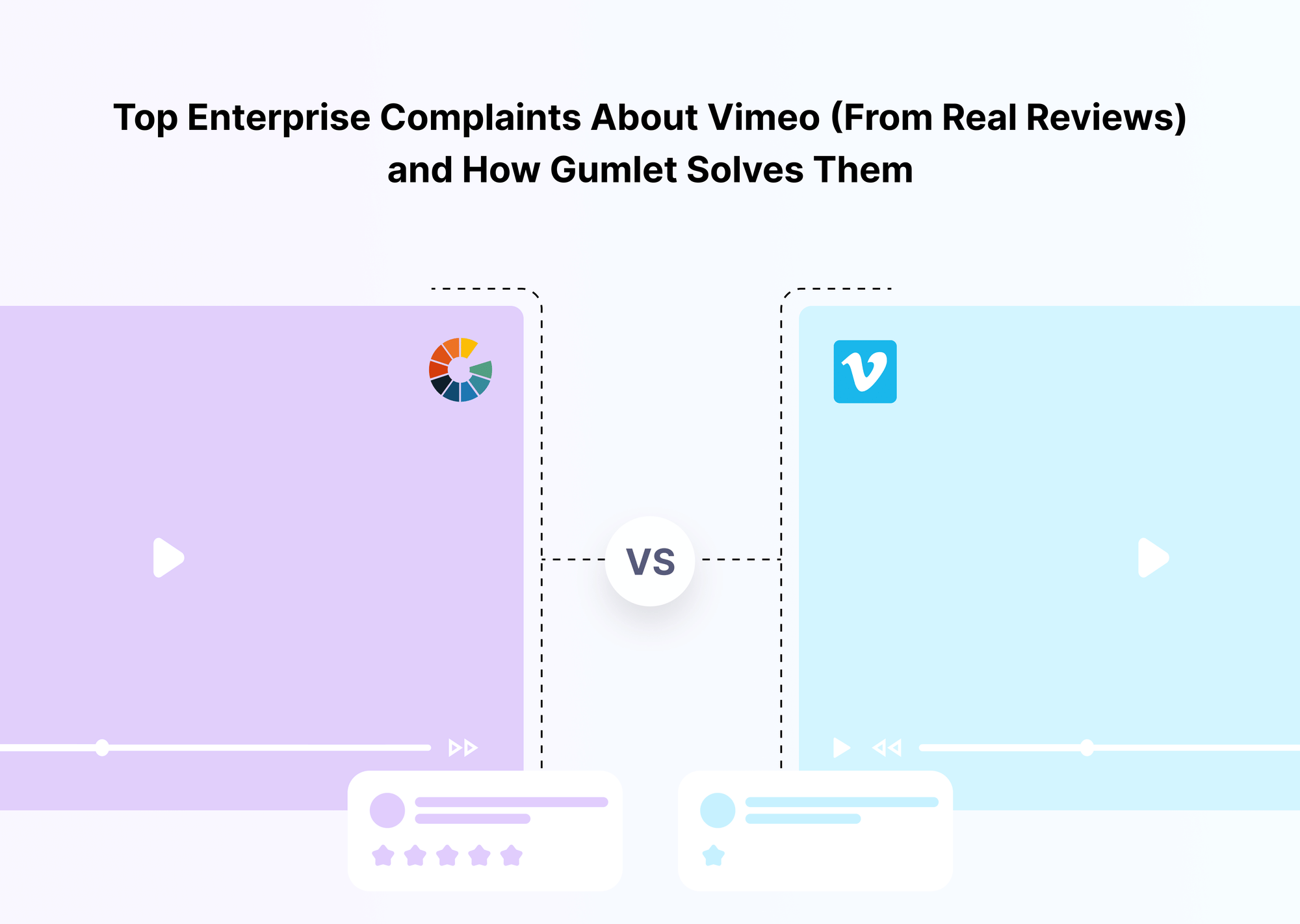Choosing the right platform to build and grow your online business can be overwhelming—especially with powerful tools like Kajabi and ClickFunnels leading the pack in 2026. But which one is the best fit for your business? Whether you're an online course creator, coach, consultant, or marketer, understanding the strengths, weaknesses, and best use cases of each platform is essential before you invest your time and money.
Let's dive into a detailed comparison — from features to pricing — and find out which platform deserves your trust this year!
What is Kajabi? An Overview
Kajabi is an all-in-one business platform specifically designed for knowledge entrepreneurs. It allows users to create, market, and sell digital products like courses, coaching programs, and memberships without needing to juggle multiple tools.
Target Audience and Use Cases: Kajabi is ideal for online course creators, membership site owners, coaches, and entrepreneurs looking for a streamlined system that handles content delivery, website hosting, email marketing, and payment processing — all under one roof.
Top Features
Some of the top features boasted by Kajabi include:
- Course Creation and Membership Sites: Kajabi shines in offering robust course-building tools. You can easily create multimedia courses, build structured curriculums, add quizzes, and set up drip content. Its membership site capabilities allow you to lock content behind paywalls and manage subscriptions effortlessly.
- Marketing Automation: Kajabi includes a powerful visual automation builder. You can create smart email sequences, upsell funnels, and behavior-triggered marketing without needing any external CRM tool.
- Built-in Payment Gateways: With native Stripe and PayPal integrations, accepting payments is seamless. You can create offers, coupons, payment plans, and subscriptions without relying on third-party payment processors.
- Website Building Capabilities: Kajabi offers professional website themes optimized for conversions. From landing pages to blogs, you can design your entire online presence using its drag-and-drop editor.
Pros and Cons
Pros:
- Excellent for course delivery and community building.
- Reliable, fast-loading pages.
- No need for external tools (email, CRM, hosting, payment).
Cons:
- Cost of Kajabi is on the higher side compared to competitors.
- Less flexibility for building complex sales funnels compared to specialized funnel builders.
What is ClickFunnels? An Overview
ClickFunnels is a popular online tool that helps businesses design and launch highly converting sales funnels with ease. It's focused purely on marketing and selling rather than delivering content like courses.
Target Audience and Use Cases: ClickFunnels is perfect for marketers, service providers, eCommerce businesses, and entrepreneurs whose primary goal is to build landing pages, drive leads, and maximize sales conversions.
Top Features
Here are some of the top features of ClickFunnels
- Funnel Building and Landing Page Creation: ClickFunnels is built around a simple idea: guiding visitors step-by-step toward a purchase. Whether it's lead generation, webinar signups, or sales offers, their drag-and-drop builder makes it easy.
- Sales Automation: Automate upsells, downsells, one-time offers, and order bumps to increase your average cart value without coding or technical headaches.
- A/B Testing: Testing ClickFunnels integration or running split tests directly within ClickFunnels helps you optimize your funnel performance without external tools.
- Email Marketing and Follow-up Sequences: With Actionetics (built-in CRM and email tool) and ClickFunnels 2.0 follow-up funnels, you can nurture leads automatically.
Pros and Cons
Pros:
- Excellent for upsells, cross-sells, and checkout optimization.
- New ClickFunnels 2.0 traffic cap model allows better scaling.
- Beginner-friendly templates.
Cons:
- Content delivery (courses, memberships) feels secondary.
- Click Funnels cost can add up if you need higher-tier plans.
- May require third-party tools for complete business management.
What is the Difference Between Kajabi and ClickFunnels?
Although Kajabi and ClickFunnels both aim to help entrepreneurs succeed online, they serve fundamentally different needs — and understanding these differences is crucial for choosing the right platform.
Purpose and Focus
At its core, Kajabi is built as a complete ecosystem for knowledge commerce. It empowers users to create, deliver, and market digital products like online courses, membership sites, coaching programs, and digital downloads. The platform focuses heavily on providing a seamless learning and brand experience for customers. Everything — from content hosting to payment collection — is integrated, meaning you can run an entire knowledge-based business without relying on multiple tools.
In contrast, ClickFunnels is laser-focused on building marketing funnels that guide visitors toward taking a specific action, whether it's signing up for a webinar, buying a product, or booking a consultation. It doesn’t aim to replace your course platform or serve as your entire website; rather, it specializes in maximizing conversions at every stage of the buyer journey. Think of ClickFunnels as a "sales machine" that turns visitors into customers with strategic steps, offers, and follow-ups.
In short:
- Kajabi = Create and deliver knowledge-based products.
- ClickFunnels = Build and optimize high-converting sales funnels.
Design and User Experience
When it comes to design, Kajabi offers a more polished, brand-focused experience. Its themes and templates are sleek, modern, and built with educators and creators in mind. Even without design experience, users can create professional-looking websites, membership areas, and course pages that feel premium and trustworthy. It's ideal if you want your brand to exude quality and professionalism.
ClickFunnels, on the other hand, prioritizes speed and functionality over aesthetics. The platform allows users to quickly spin up landing pages and sales funnels, but unless you heavily customize the templates, some funnels might feel "cookie-cutter" or aggressively sales-driven. For many marketers, that's a good thing — because the focus is on conversions, not appearances. However, if brand perception and long-term trust-building are essential to you, this may be a limitation.
To sum up:
- Kajabi = Brand-first, educational experience.
- ClickFunnels = Speed-first, sales-driven experience.
Support and Customer Service
Reliable support can make or break your experience with any platform, especially when technical issues or setup questions arise.
Kajabi is known for its responsive and knowledgeable customer support team. They offer 24/7 live chat (on higher-tier plans), a rich library of tutorials, webinars, and a vibrant community forum. Their support emphasizes empowering users to build long-term, sustainable businesses.
ClickFunnels also provides solid customer service, but user experiences are a bit more varied. While their support team is helpful, response times can be slower, particularly for users on the standard plan. Additionally, because ClickFunnels has a massive user base, getting highly personalized help may sometimes require persistence.
In simple terms:
- Kajabi = Consistently praised for fast, educational support.
- ClickFunnels = Good support, but potentially slower and less personalized depending on your plan.
Let’s now understand the difference between the two tools better by looking at how they differ across important features.
| Feature | Kajabi | ClickFunnels |
|---|---|---|
| Primary Use | Online course creation and memberships | Sales funnels and landing pages |
| Built-in CRM | Yes (Pipelines) | Yes (Follow-up Funnels) |
| Course Hosting | Yes | Basic support (with limitations) |
| Marketing Automation | Robust workflows | Good but funnel-centric |
| Website Building | Full website builder | Primarily funnel pages |
| A/B Testing | Limited | Advanced built-in testing |
| Pricing Range | Higher | More flexible, but traffic caps apply |
| Ideal For | Course creators and coaches | Sales-focused businesses |
| Payment Processing | Built-in (Stripe, PayPal) | Stripe, PayPal (manual integration needed) |
Kajabi vs ClickFunnels: Pricing and Plans
When considering Kajabi vs ClickFunnels, pricing is one of the most critical factors — not just in terms of monthly costs, but also in what you actually get for your money. Let's break down the plans for each platform and see how they compare.
Kajabi Pricing Plans
As of 2026, Kajabi offers the following pricing tiers:
| Plan | Price (Monthly, billed annually) | Key Features |
|---|---|---|
| Kickstarter | $89/month | All basic features except custom branding, custom domain, advanced automation, round-the-clock support, and more. |
| Basic | $149/month | Includes all features of kickstarter tier plus the ability of using custom domain. You also get 1 extra admin user in this tier. |
| Pro | $199/month | Includes all features of the basic tier, plus you get an increased range of products, more admin users, and other useful features like custom branding, 24/7 support, and more. |
Pros: You don’t need to pay separately for website hosting, email marketing software, payment processors, or CRM — it’s all included.
Cons: If you only need a simple sales funnel or basic landing pages, Kajabi might feel like overkill (and expensive over time).
ClickFunnels Pricing Plans
ClickFunnels 2.0 follows the below mentioned pricing model:
| Plan | Price (Monthly) | Key Features |
|---|---|---|
| Startup | $97/month, $81 if billed annually | 3 brand workspaces, 3 team members, and unlimited funnels, courses, members, contacts, pages, and domains. |
| Pro | $297/month, $248 if billed annually | 10 brand workspaces and 10 team members, plus features from the startup tier. |
Pros:
- Specializes in rapid lead generation and sales funnels.
- Ideal if you’re focused exclusively on sales and conversions.
Cons:
- Additional hidden costs if you exceed traffic limits.
- Needs integration with external platforms for course hosting, membership areas, or full websites.
Which Offers Better Value for Money?
It depends entirely on your business needs.
- If you're an educator, coach, or digital product creator looking to run an end-to-end business with minimal third-party tools, Kajabi offers a strong value proposition despite its higher upfront cost.(Is Kajabi worth it? Absolutely — if you need a full education business in one place.)
- If you're a marketer, service provider, or eCommerce entrepreneur focusing purely on building sales funnels and scaling offers, ClickFunnels gives you better funnel-building muscle at a competitive price.(Is ClickFunnels worth it? Definitely — but be mindful of the ClickFunnels 2.0 traffic cap.)
Kajabi vs ClickFunnels: The Verdict
Choosing between Kajabi and ClickFunnels in 2026 is less about finding a universally "better" platform and more about aligning the platform with your unique business goals. Each excels in its domain, and your decision should be guided by what you're building — and how you plan to grow.
Go with Kajabi if:
- You sell courses, memberships, or coaching services.
- You value brand-building and professional presentation.
- You want a clean, integrated system without juggling multiple platforms.
Go with ClickFunnels if:
- You focus on lead generation, sales pages, webinars, or product launches.
- You prioritize funnel performance and conversion rates above all.
- You’re comfortable integrating with external tools for course hosting or CRM if needed.
Final Thoughts on Value for Money
Ultimately, choosing between Kajabi and ClickFunnels is not about which platform is universally “better” — it’s about which one fits your current stage of business and future goals.
- Is Kajabi worth it? Absolutely, for entrepreneurs who want a complete platform for creating, marketing, and scaling online education products. The cost of Kajabi reflects the fact that you get website hosting, email marketing, course delivery, payment processing, CRM, and automation tools — all included, saving you from piecing together multiple solutions.
- Is ClickFunnels worth it? Definitely, for marketers focused on sales performance, especially those who want to rapidly build, test, and optimize funnels without coding. While you may eventually need third-party tools for course delivery or broader CRM functions, the conversion power of ClickFunnels often pays for itself quickly, particularly in product launches or sales campaigns.
Pro Tip: For many businesses, the smartest strategy is testing ClickFunnels Kajabi integration — using ClickFunnels for top-of-funnel lead generation and conversion, then delivering content through Kajabi for a professional, premium customer experience.
This hybrid approach lets you leverage the best of both worlds: ClickFunnels’ high-converting sales pipelines + Kajabi’s outstanding content delivery.
Conclusion
When deciding between Kajabi vs ClickFunnels, think about your primary business goal:
- Are you delivering knowledge and building a brand? Go for Kajabi.
- Are you optimizing and scaling sales funnels? Choose ClickFunnels.
Both are world-class tools — but aligning them with your business strategy will ensure you get maximum returns.
FAQs
1. Is ClickFunnels Worth It?
Yes, ClickFunnels is worth it if your primary focus is building high-converting sales funnels and maximizing lead generation. It provides powerful tools like A/B testing, upsells, and automated follow-ups that streamline the path from visitor to customer. However, keep in mind the traffic caps introduced in ClickFunnels 2.0, which could affect costs at scale.
2. Kajabi vs ClickFunnels: Which is Better for Course Creators?
Kajabi is the better choice for course creators because it offers everything you need to build, host, market, and sell online courses in one platform. Its course management features, professional site templates, and marketing automation tools are specifically designed for educators and coaches. ClickFunnels, while strong for selling, lacks a robust native course delivery system.
3. How Does ClickFunnels Help with Marketing?
ClickFunnels simplifies online marketing by helping businesses capture leads, nurture them through strategic sales funnels, and close more deals. It offers built-in email sequences, landing pages, upsells, and A/B testing to optimize every step of the buyer journey. This makes it an ideal tool for scaling offers quickly without technical hurdles.
4. Kajabi vs Kartra vs ClickFunnels: Which is Better?
It really depends on your needs: Kajabi is best for creators focused on delivering courses and building brand authority. Kartra offers strong all-in-one marketing and CRM tools for those managing complex campaigns. ClickFunnels stands out if your main priority is building fast, optimized sales funnels with maximum conversion power.
5. Is Kajabi Good for Funnels?
Kajabi does offer basic funnel-building through its "Pipelines" feature, making it suitable for simple sales or lead-generation workflows. However, it doesn't match ClickFunnels' flexibility or depth when it comes to building complex, multi-step funnels with intricate upsells, downsells, and split tests. It’s best seen as an all-rounder rather than a funnel specialist.
6. Does Kajabi Market Your Course?
Yes, Kajabi helps you market your course using built-in email campaigns, automated pipelines, and behavior-triggered sequences. You can set up entire customer journeys that guide leads from discovery to enrollment without needing separate marketing tools. It’s a huge plus for creators wanting to manage content and marketing under one roof.
7. What Are the Disadvantages of ClickFunnels?
While ClickFunnels excels at funnel building and driving sales, it isn’t ideal for hosting large websites or delivering educational content like courses. It also introduces additional costs as your traffic grows due to the ClickFunnels 2.0 traffic cap system. For businesses scaling quickly, these extra fees can add up if not carefully monitored.




